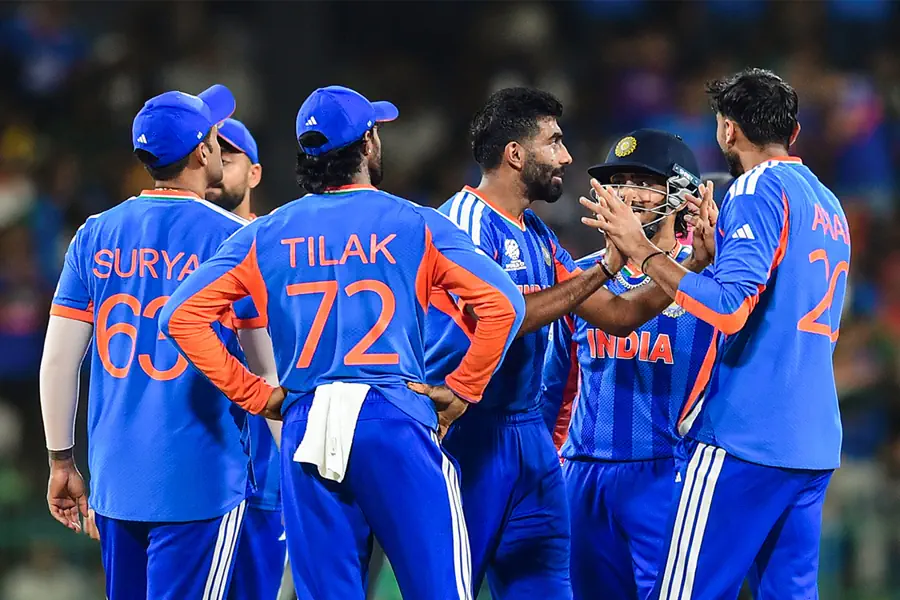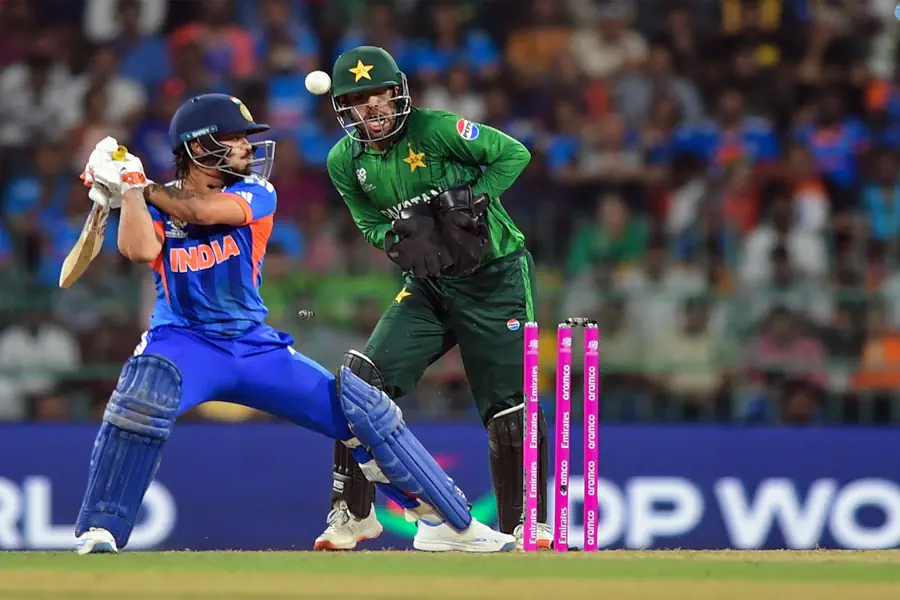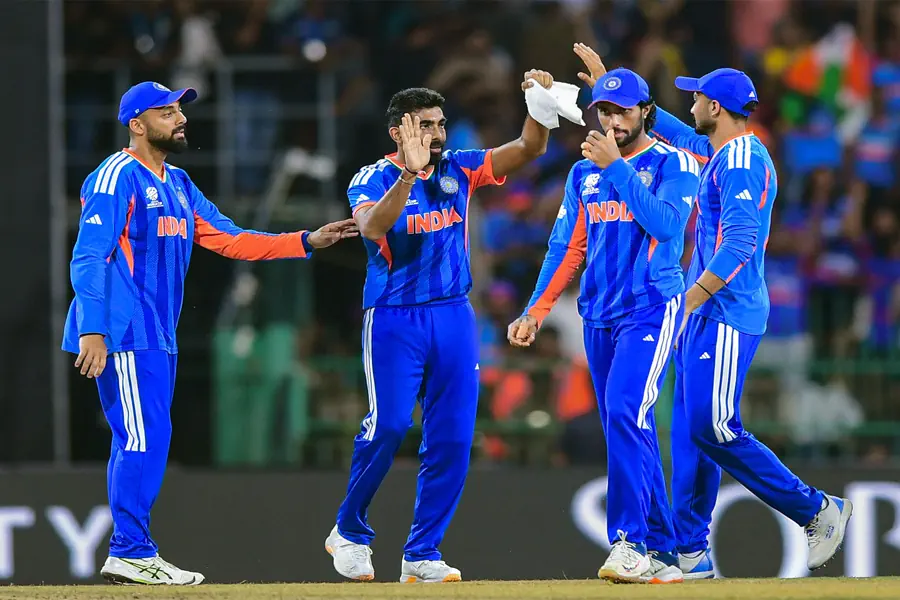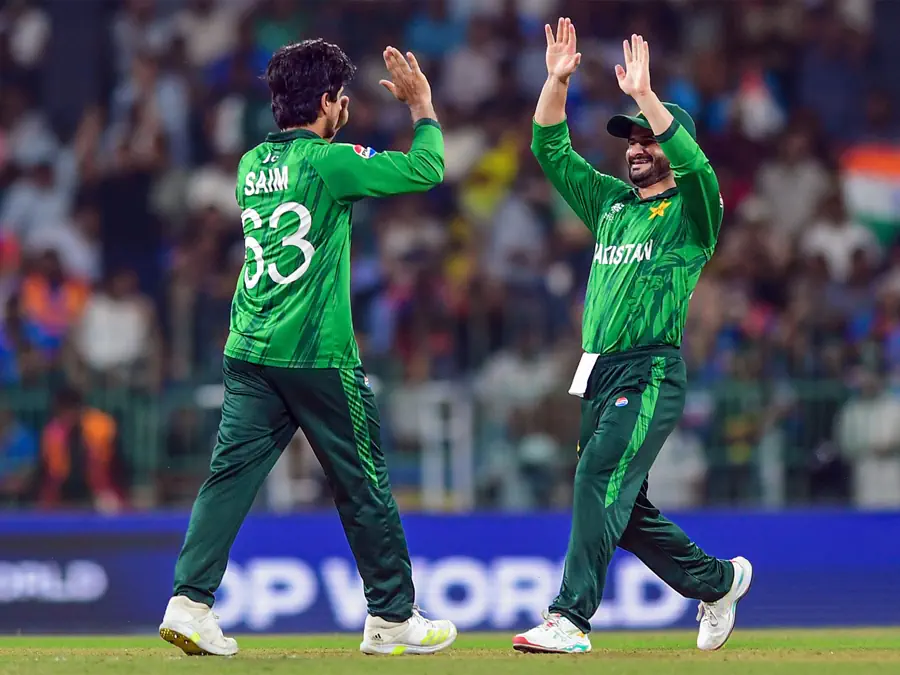Discover the remarkable journey of cricket captains who have left an unforgettable impact on the sport. From the tactical genius of Mahendra Singh Dhoni to the fearless leadership of Ricky Ponting, these iconic figures have not only shaped their teams but also played a significant role in cricket’s transformation from tradition to global sensation. Explore the stories of legendary captains like Clive Lloyd, Virat Kohli, Kane Williamson, and more, whose unique styles and achievements continue to inspire cricket enthusiasts worldwide.
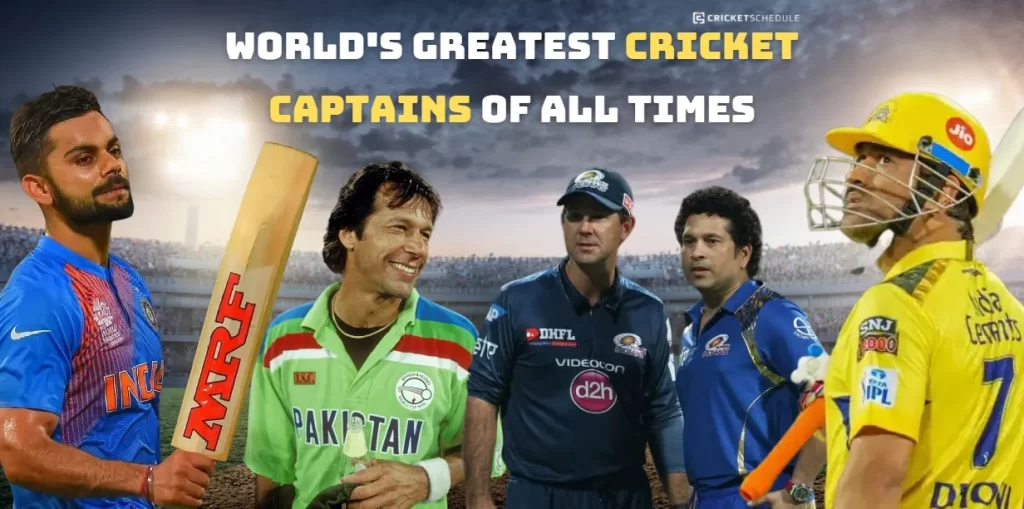
Mahendra Singh Dhoni
Mahendra Singh Dhoni, affectionately known as “Captain Cool,” is a name that resonates with cricket fans worldwide. Born on July 7, 1981, in Ranchi, India, Dhoni’s captaincy era from 2007 to 2016 was nothing short of legendary. Under his leadership, India achieved the No. 1 ranking in Test cricket for the first time in December 2009. But it was in the shorter formats where Dhoni truly shined. He led India to victory in the inaugural T20 World Cup in 2007, beating Pakistan in a nail-biting final. The iconic moment came in the 2011 ODI World Cup when Dhoni’s unbeaten 91 off 79 balls against Sri Lanka in the final led India to its first World Cup win in 28 years.
Dhoni’s tactical acumen was unparalleled. His decision to promote himself up the batting order in the 2011 World Cup final or his gamble to throw the ball to Joginder Sharma in the last over of the 2007 T20 World Cup are etched in cricketing folklore. His captaincy record boasts 27 Test wins, 110 ODI wins, and 41 T20I wins, making him one of the most successful Indian captains in history. His calm demeanor under pressure and his ability to extract the best from his players make him a standout figure in the annals of cricket captaincy.
Ricky Ponting
Ricky Ponting, born on December 19, 1974, in Launceston, Tasmania, is another colossal figure in the world of cricket. Ponting captained the Australian team from 2002 to 2011 in Tests and from 2002 to 2012 in ODIs. Under his captaincy, Australia maintained their dominance, winning 48 out of 77 Tests and an astonishing 165 out of 230 ODIs. Ponting led Australia to two consecutive World Cup victories in 2003 and 2007, making him the only captain to achieve this feat. Ricky Ponting’s record as captain includes 13378 runs in 168 Tests registering 41 centuries and 62 half-centuries
His aggressive style of captaincy was a reflection of his own batting—fearless and uncompromising. The 5-0 Ashes whitewash against England in 2006-07 remains one of his career highlights, showcasing his tactical brilliance and hunger for victory. However, Ponting’s captaincy was not without its controversies, including the infamous “Monkeygate” scandal during the 2007-08 India tour. Despite the ups and downs, his leadership qualities and on-field achievements make him one of the greatest captains cricket has ever seen.
Kapil Dev
Kapil Dev, born on January 6, 1959, in Chandigarh, India, is a name synonymous with India’s cricketing rise on the global stage. He captained the Indian team from 1982 to 1984 and again from 1985 to 1987. His crowning achievement came in the 1983 World Cup when he led an underdog Indian team to a historic win against the mighty West Indies. Kapil’s unbeaten 175 against Zimbabwe in a do-or-die match is still considered one of the greatest ODI innings of all time.
Kapil Dev was a captain who led by example, both as a prolific all-rounder and as a leader. His aggressive approach and never-say-die attitude instilled a new sense of self-belief in Indian cricket. Under his captaincy, India won 4 out of 34 Tests and 39 out of 74 ODIs. While the numbers may not be staggering, his impact on Indian cricket was monumental.
Graeme Smith
Graeme Smith, born on February 1, 1981, in Johannesburg, South Africa, was a prodigy who took over the reins of the South African team at the tender age of 22. He captained South Africa from 2003 to 2014, making him the longest-serving captain in Test cricket history. Under his leadership, South Africa became the No. 1 Test team in 2012, a position they held for 19 months.
Smith was known for his gritty determination and tactical nous. He led South Africa to 53 Test wins and 92 ODI wins, making him the most successful Test captain at the time of his retirement. Notable series wins under his captaincy include the 2-1 victory against Australia in Australia in 2008-09 and the 1-0 win against England in England in 2012. His leadership qualities were often underlined by his own performances, including his courageous 154 not out against England at Edgbaston in 2008 to seal a series win.
Clive Lloyd
Clive Lloyd, born on August 31, 1944, in Georgetown, Guyana, captained the West Indies from 1974 to 1985 and is often credited with building one of the most fearsome cricket teams in history. Under his captaincy, the West Indies won two consecutive World Cups in 1975 and 1979. Lloyd was a visionary who understood the importance of fast bowling, and he built a team around a quartet of fast bowlers that terrorized batsmen around the world.
Lloyd’s captaincy record is impressive, with 36 wins in 74 Tests and 64 wins in 84 ODIs. His leadership style was characterized by a calm authority and a keen understanding of the game’s nuances. The 5-0 and 5-0 whitewashes against England in 1984 and against Australia in 1984-85 stand as testaments to his tactical genius and ability to inspire his team.
Steve Waugh
Steve Waugh, born on June 2, 1965, in Canterbury, New South Wales, captained Australia from 1999 to 2004. Known for his mental toughness and strategic acumen, Waugh was a master at getting into the opposition’s head. Under his captaincy, Australia won 41 out of 57 Tests, including a record 16 consecutive Test wins from 1999 to 2001.
Waugh’s most iconic moment as captain came during the 1999 World Cup. Facing elimination in a must-win game against South Africa, he scored an unbeaten 120, famously telling himself to “not let your mates down.” Australia went on to win that World Cup, solidifying Waugh’s reputation as a clutch performer. His “mental disintegration” tactics and focus on team unity transformed the Australian team into an unbeatable force, making him one of the most successful and revered captains in cricket history.
Eoin Morgan
Born on September 10, 1986, in Dublin, Ireland, Eoin Morgan is a name that has become synonymous with England’s white-ball resurgence. Taking over the captaincy in 2015, Morgan led England through a transformative phase that culminated in their first-ever ODI World Cup win in 2019. The dramatic final against New Zealand, decided by a boundary count-back, will forever be etched in cricketing history.
Morgan’s captaincy style is marked by audacity and innovation. He’s not afraid to make unconventional field placements or to shuffle his batting order to exploit matchups. Morgan won 118 out of 198 matches played. His fearless approach has not only brought trophies but has also revolutionized the way England approach limited-overs cricket. The 481-6 they scored against Australia in 2018 stands as a testament to this new-found aggression.
Imran Khan
Born on October 5, 1952, in Lahore, Pakistan, Imran Khan is a cricketing legend who transcended the sport to become the Prime Minister of Pakistan. His crowning glory came in the 1992 World Cup when he led Pakistan to its first and only World Cup title. Khan’s 72 off 110 balls in the final against England was a captain’s innings that showcased his ability to rise to the occasion.
Imran Khan was a charismatic leader, known for his tactical acumen and ability to inspire young talent. Under his captaincy, Pakistan won 14 out of 48 Tests and 75 out of 139 ODIs. More than the numbers, it was Khan’s ability to instill a winning mentality in a young and inexperienced team that stands out. His decision to promote Inzamam-ul-Haq up the order in the 1992 World Cup semi-final against New Zealand was a masterstroke that changed the course of the match and, arguably, Pakistani cricket.
Kane Williamson
Kane Williamson, born on August 8, 1990, in Tauranga, New Zealand, is the epitome of calm and composed leadership. Taking over the captaincy from Brendon McCullum in 2016, Williamson has led New Zealand to new heights, including a World Test Championship win in 2021 against India. His tactical brilliance was on full display during that match, where his decision to deploy Kyle Jamieson effectively turned the tide in New Zealand’s favor.
Williamson’s record is impressive, with 101 matches won out of 196 . His leadership style is characterized by humility and a team-first approach. Whether it’s consoling a devastated South African team in the 2015 World Cup semi-final or showing grace in defeat in the 2019 World Cup, Williamson’s sportsmanship has earned him respect worldwide.
Sourav Ganguly
Sourav Ganguly, born on July 8, 1972, in Kolkata, India, was a transformative figure in Indian cricket. Taking over the captaincy in 2000 during a period marred by match-fixing scandals, Ganguly instilled a sense of aggression and self-belief in the Indian team. His iconic shirt-waving at the Lord’s balcony in 2002 after defeating England in the NatWest Series final remains one of the most iconic moments in cricket history.
Under Ganguly’s leadership, India won 21 out of 49 Tests and 76 out of 146 ODIs. His captaincy era saw India reach the final of the 2003 World Cup and achieve a historic Test series draw against Australia in 2003-04. Ganguly was instrumental in nurturing young talents like Yuvraj Singh, Virender Sehwag, and Harbhajan Singh, laying the foundation for India’s future successes.
Brendon McCullum
Born on September 27, 1981, in Dunedin, New Zealand, Brendon McCullum was a trailblazer in every sense of the word. His aggressive captaincy style was a breath of fresh air that transformed New Zealand cricket. Under his leadership, New Zealand reached their first-ever World Cup final in 2015, although they lost to Australia.
McCullum’s fearless approach was evident in the 2015 World Cup, where New Zealand consistently employed aggressive field settings and took the game to the opposition. His captaincy record includes 11 wins in 31 Tests and 30 wins in 56 ODIs. McCullum was also a pioneer in T20 cricket, and his 158* in the inaugural match of the Indian Premier League (IPL) in 2008 set the tone for the format’s future.
Virat Kohli
Born on November 5, 1988, in Delhi, India, Virat Kohli is a modern-day cricketing giant. Taking over the Test captaincy from MS Dhoni in 2014 and the limited-overs captaincy in 2017, Kohli has led India with passion and intensity. Under his captaincy, India achieved their first-ever Test series win in Australia in 2018-19.
Kohli’s captaincy record is impressive, with 63.38% match wins. His aggressive on-field demeanor and relentless pursuit of excellence have made him one of the most successful Indian captains. However, a major ICC trophy has eluded him, something that has often been a point of discussion among critics.
Wasim Akram
Wasim Akram, born on June 3, 1966, in Lahore, Pakistan, is one of the greatest fast bowlers to have ever played the game, and his captaincy stint for Pakistan was equally impactful. Akram took over the captaincy in 1993 and led Pakistan in various stints until 2000. Under his leadership, Pakistan reached the final of the 1999 World Cup, only to lose to Australia.
Akram was a tactician, known for his ability to read the game and make on-the-spot decisions. His use of reverse swing, both as a bowler and as a captain deploying his bowlers, was revolutionary. Under his captaincy, Pakistan won 12 out of 25 Tests and 66 out of 109 ODIs. Akram was not just a leader but also a mentor who nurtured talents like Shoaib Akhtar and Saqlain Mushtaq, ensuring that Pakistan remained a force to be reckoned with in world cricket.
Also Read:
- India Rocked It: Sachin, Sehwag Laud Men In Blue After Emphatic Win Over Pakistan In T20 World Cup
- T20 World Cup: Suryakumar Hails Ishan’s Responsible 77, Says India Were 15-20 Runs Above Par Against Pakistan
- IND vs PAK: Kishan’s 77 Powers India To 61-Run Win Over Pakistan In T20 World Cup
- IND vs PAK Clash Sees Pakistan’s 18-Over Spin Strategy Join T20 WC Record Books

